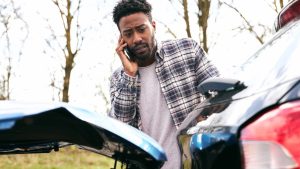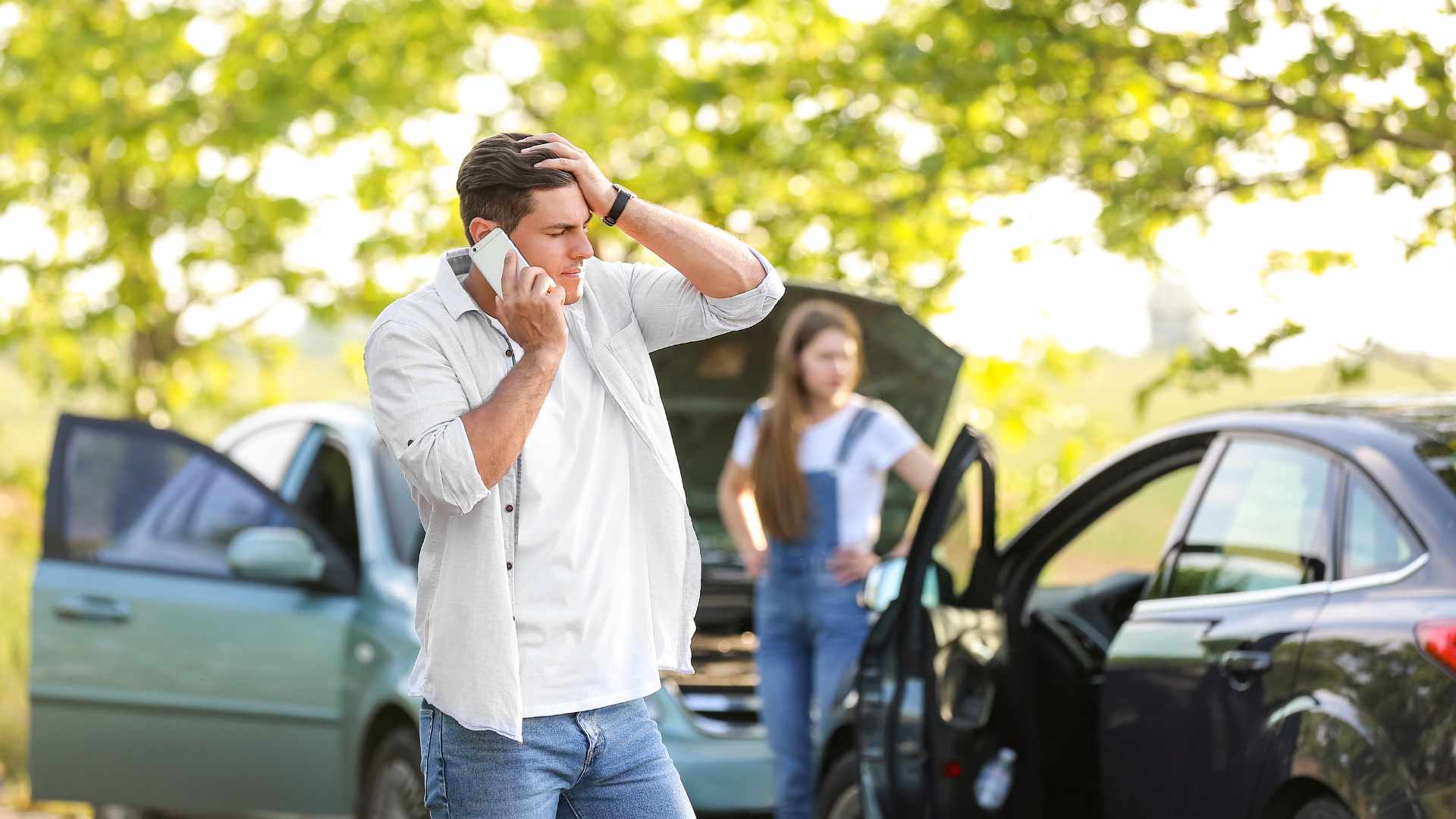Picture this: You’re cruising down the road, the sun is shining, and your favorite tune is playing on the radio. Suddenly, screeching brakes and the crunch of metal shatter the peaceful drive. You’ve been in a car accident. In moments like these, chaos and stress can overwhelm even the most composed individuals. However, staying calm and collected is crucial for your safety and the well-being of everyone involved.
Let’s delve into the art of keeping your cool after a car accident. From understanding the impact of stress to practical strategies for staying calm at the scene, Let’s look at expert tips tailored to the UK driving experience.
Understanding the Impact of Stress

In the aftermath of a car accident, stress levels skyrocket. Your heart races, adrenaline surges, and thoughts race a mile a minute. While these immediate reactions are natural, unchecked stress can have long-term consequences. Prolonged anxiety can impair decision-making abilities, exacerbate physical injuries, and even lead to post-traumatic stress disorder (PTSD) in severe cases. That’s why maintaining a sense of calm is not just a luxury but a necessity. This is true even in the weeks after, as you deal with the investigations. You can make a claim with RTA experts by clicking on the link.
Preparing for the Unexpected: Mental Readiness
Before even setting foot (or wheel) on the road, mental preparation is key. Start by visualising yourself in various driving scenarios, including potential accidents. This may sound morbid, but mentally rehearsing your response can help you react more calmly and effectively in real-life situations. Additionally, practice mindfulness during everyday driving. Stay present, focus on the road ahead, and avoid distractions like mobile phones or heated arguments with passengers.
What to Do Immediately After the Accident?
In the immediate aftermath of a car accident, adrenaline will likely be coursing through your veins. Take a deep breath and assess the situation. First and foremost, ensure your safety and the safety of others involved. If anyone is injured or if there’s significant damage to vehicles or property, don’t hesitate to call emergency services. While waiting for help to arrive, exchange contact and insurance information with other parties involved. Document the scene by taking photos or videos, capturing details like vehicle positions, road conditions, and any visible injuries.
How to Stay Calm and Collected After a Car Accident?

As chaos swirls around you, it’s essential to anchor yourself in the present moment. Start by taking slow, deep breaths to activate your body’s relaxation response. Focus on your breath as it moves in and out, grounding yourself in the here and now. Avoid catastrophising or dwelling on worst-case scenarios; instead, concentrate on the immediate tasks at hand. If possible, seek support from bystanders or emergency responders. Their presence can provide reassurance and practical assistance, helping to alleviate some of the stress and uncertainty of the situation.
1. Seeking Support and Assistance
Once the dust settles, it’s time to navigate the aftermath of the accident. Know your rights and responsibilities as a driver in the UK. This includes reporting the incident to your insurance provider and seeking legal advice if needed. Even if you feel fine physically, it’s essential to seek medical attention for any injuries, both visible and invisible. Don’t hesitate to reach out to friends, family, or professional counsellors for emotional support. Processing the experience and seeking help when needed are crucial steps towards healing and recovery.
2. Should You Drive Your Car After an Accident?
Have you been in an accident and your car has been badly damaged? Not only can this be frustrating and devastating if you love your vehicle, but it can leave you with a lot of unanswered questions. For example, when can you drive your car again? Many people are apprehensive because they don’t want to ruin their claim. But, you should know that this isn’t always the case. It will depend on various factors when you can drive your car again after an accident. Let’s take a look at what you need to know.
3. Understand the Damage
First, you have to think about how much damage the vehicle has sustained. For instance, those cars that only have minor cosmetic damage will be safe to drive after an accident. If you have scratches and small dents, this isn’t going to hurt anything other than your ego. However, if your car has been in a major accident and one that’s significantly damaged important elements, this is when you’ll have to avoid driving it. So, assess the vehicle and get professional advice if you’re in doubt about its driving condition.
4. Know Where Your Claim is At
The last thing you want is to damage your claim. So, you need to understand where you are in the process. For instance, it’s common for photographs and assessment of damage to be carried out on the vehicle. If this hasn’t been done yet, you shouldn’t be driving it around. You won’t be able to prove this damage was from the incident. Ask a professional involved with your claim before driving again just to make sure.
5. Think About Your Confidence

Don’t forget that it’s not just the vehicle you have to access after a car accident. You also have to think about your frame of mind. Do you feel confident enough to get behind the wheel again so soon? Some people are quite shaken, which means they don’t feel like driving straight away. Others aren’t phased by what’s happened and are willing to go out on the road. You need to take a step back and consider how you feel. After all, if your confidence has been knocked, this can make you apprehensive when driving, which could lead to wrong decisions.
Conclusion
In the aftermath of a car accident, emotions run high, and uncertainty looms large. But by staying calm and collected, you can navigate the storm with grace and resilience. Remember, mental preparedness, mindfulness, and practical strategies can make all the difference in maintaining your composure. So, the next time life throws you a curveball on the road, take a deep breath, focus on the present, and trust in your ability to weather the storm.




















No Comments
Leave a comment Cancel